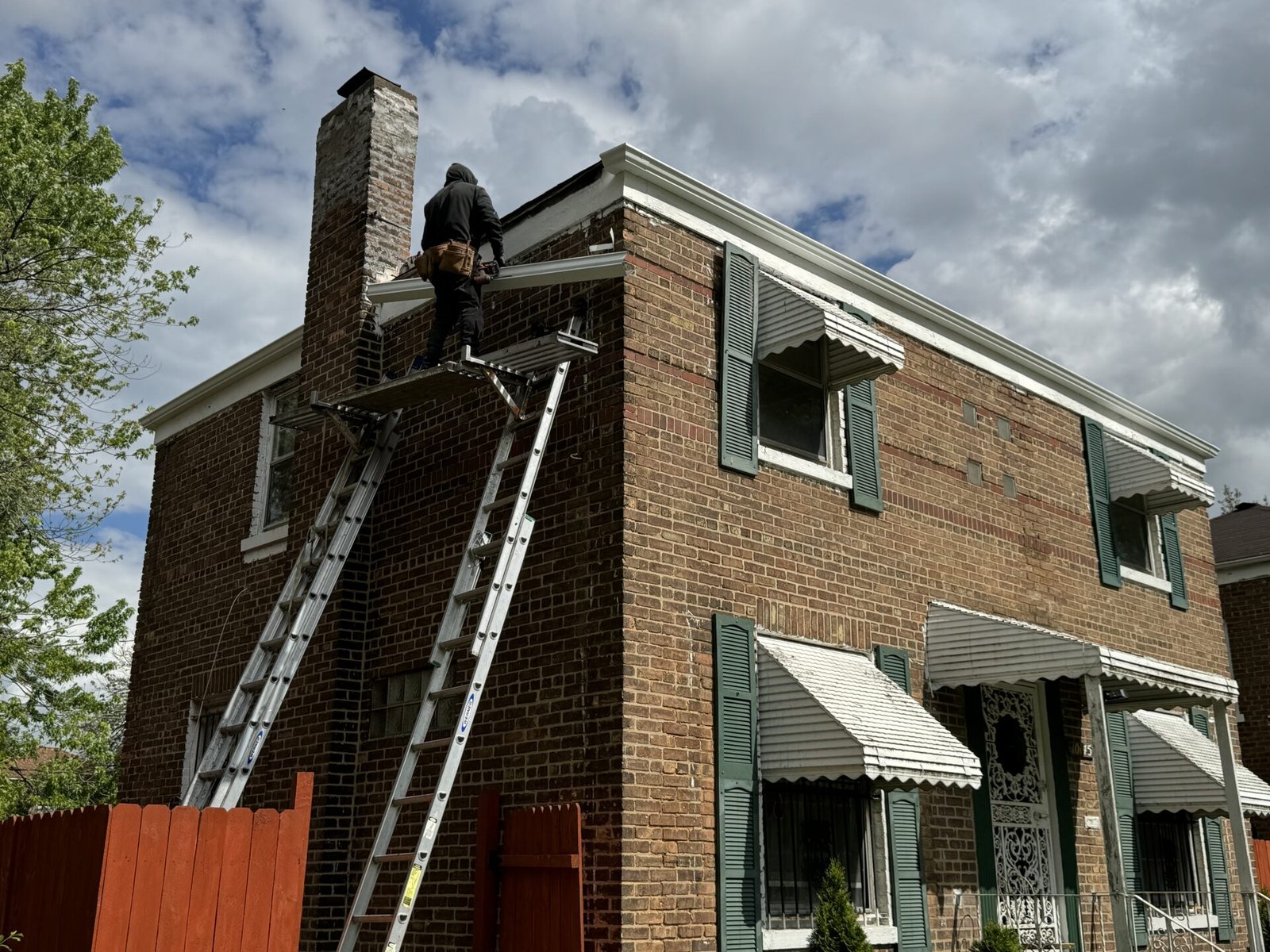
Rain gutter installation
Rain gutters are an essential component of residential and commercial buildings, yet they are often overlooked until problems arise. This article delves into the world of rain gutters, providing a comprehensive guide to their installation, benefits, and maintenance. In Chicago, installing rain gutters is crucial due to the city’s heavy rainfall and snowy winters. Properly installed gutters prevent water damage by channeling rain and meltwater away from buildings. Homeowners can choose from materials like aluminum, which resists rust and is lightweight, or more durable options like steel, suited for Chicago’s harsh weather. It’s essential to ensure that gutters are securely attached and have a slight slope towards downspouts to avoid water pooling. Additionally, regular maintenance, such as cleaning leaves and debris, is vital to keep gutters functioning correctly throughout the year. This proactive approach can save Chicago residents from costly water-related repairs. Rain gutter installation near me in Chicago.
What Are Rain Gutters?
Definition and Functionality Rain gutters are essential components of a building’s roofing system, designed to channel rainwater away from the structure. Positioned along the edges of the roof, gutters collect rainwater as it runs off the surface and direct it to downspouts, which then safely dispense the water away from the foundation and landscaping. The primary function of rain gutters is to prevent water damage to a building’s exterior and foundation, which can lead to costly repairs such as soil erosion, basement flooding, and compromised structural integrity. Effective rain gutters also help mitigate mold and mildew growth on the exterior surfaces by reducing water exposure. Regular maintenance, including cleaning and checking for leaks, is vital to ensure they perform optimally.
Rain gutters are designed to divert rainwater away from your building’s foundation, protecting your property from water damage. They channel water from the roof and direct it to a designated area.
Materials Used
The most commonly used materials for rain gutters include aluminum, vinyl, and steel. Each material offers different benefits in terms of durability, cost, and aesthetics.
Styles and Shapes
Gutters come in various styles, such as K-style and half-round. The shape you choose can affect both the functionality and the appearance of your home.
Benefits of Rain Gutters
Protection from Water
By effectively directing water away from the building, gutters help prevent issues such as mold, rot, and water stains on walls.
Soil and Foundation
Gutters also play a crucial role in preventing soil erosion around your property and protecting the structural integrity of the foundation.
DIY Installation Guide
Preparation Steps
Before installation, it is important to measure your roof’s edge and plan the layout of the gutters and downspouts.
Hnstallation Process
The installation involves attaching the gutter sections, ensuring proper slope, and securing downspouts to effectively manage water flow.
Professional Installation
When to Hire a Professional
There are situations where the complexity of the roof layout or the height of the building might make it safer and more practical to hire professionals.
Maintenance Tips
Regular Cleaning
Cleaning your gutters regularly is crucial to prevent clogs and maintain effective water flow.
Seasonal Checks
It is advisable to perform seasonal checks, especially after fall and before heavy rains, to ensure your gutters are prepared for increased water flow.
Conclusion
Installing and maintaining rain gutters are vital to protecting your property from water damage. Whether you choose to DIY or hire a professional, understanding the basics and regular maintenance can save you from costly future repairs.
FAQs
- What is the best material for rain gutters?
- How often should I clean my gutters?
- Can I install rain gutters myself?
- What are the signs that my gutters need replacing?
- How do I choose the right style of gutters for my home?



Comment (0)